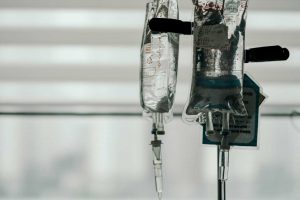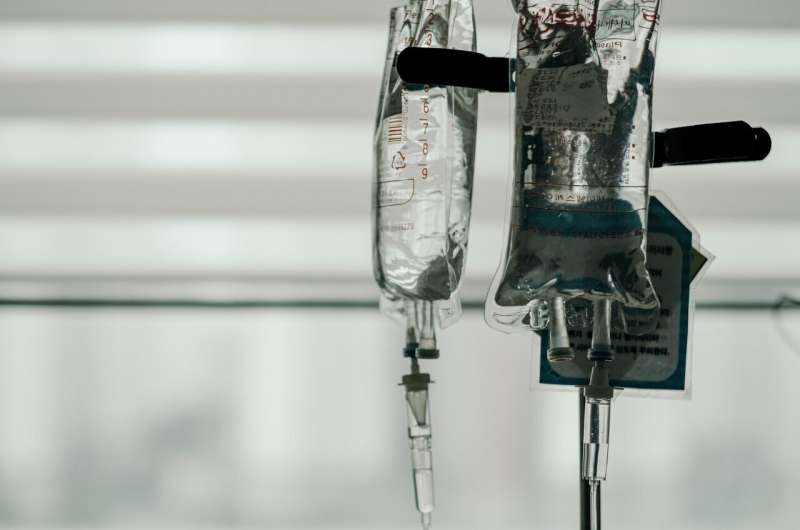Advancing care for burn patients


New research finds that glutamine, previously thought to help with burn injuries, does not improve patients’ time to discharge from hospital.
Queen’s researcher Daren Heyland (Medicine) has spent his career studying what nutrients are best for intensive care patients who cannot eat for themselves, trying to understand if certain nutrients assist with their recovery. Patients in intensive care who cannot eat for themselves are fed artificial nutrition through a feeding tube or an intravenous catheter. For more than 20 years, Dr. Heyland has been evaluating the role of glutamine, which is an amino acid that is made in the body and is found in foods like fish, eggs, and nuts.
Worldwide, burn injuries are among the most expensive traumatic injuries to treat and 50% of burn patients are treated using glutamine. Before adopting this practice more broadly, however, the medical community wanted more evidence of the efficacy of glutamine.
Seeking to understand the role of the amino acid in burn recovery, Heyland has been involved in a decade-long scientific trial involving 1,200 patients around the world with severe burns. The study was recently published in the New England Journal of Medicine (NEJM), and marked the first time a clinical trial on burn patients was featured in the prestigious publication. It yielded some unexpected results—the glutamine did not appear to harm or help burn patients.
“In the past, small, single-center trials had suggested that glutamine was beneficial in the recovery of patients with severe burns. However, our previous work with glutamine in stressed, sick patients suggested that glutamine might actually be harmful in critically ill patients with organ failure. The only way to resolve these conflicting data was to conduct a large trial evaluating glutamine in severe burns,” said Dr. Heyland.
Dr. Heyland is the Director of the Clinical Evaluation Research Unit at Queen’s University, which functioned as the coordinating center for the trial. He also serves as the principal investigator and sponsor of the trial, partnering with more than 60 hospital burn units in nearly 20 countries.
“It took us 10 years to complete the trial, including recruiting patients and securing funding,” said Dr. Heyland. “The results of this trial will hopefully cause burn units that were using glutamine to put a stop this unnecessary practice.”
The trial was funded by the Canadian Institutes of Health Research and the Department of Defense (DOD) in the U.S. through their competitive granting programs. About 20–30% of wounded soldiers have burns, and the DOD is looking for new ways to manage burns.
Source: Read Full Article